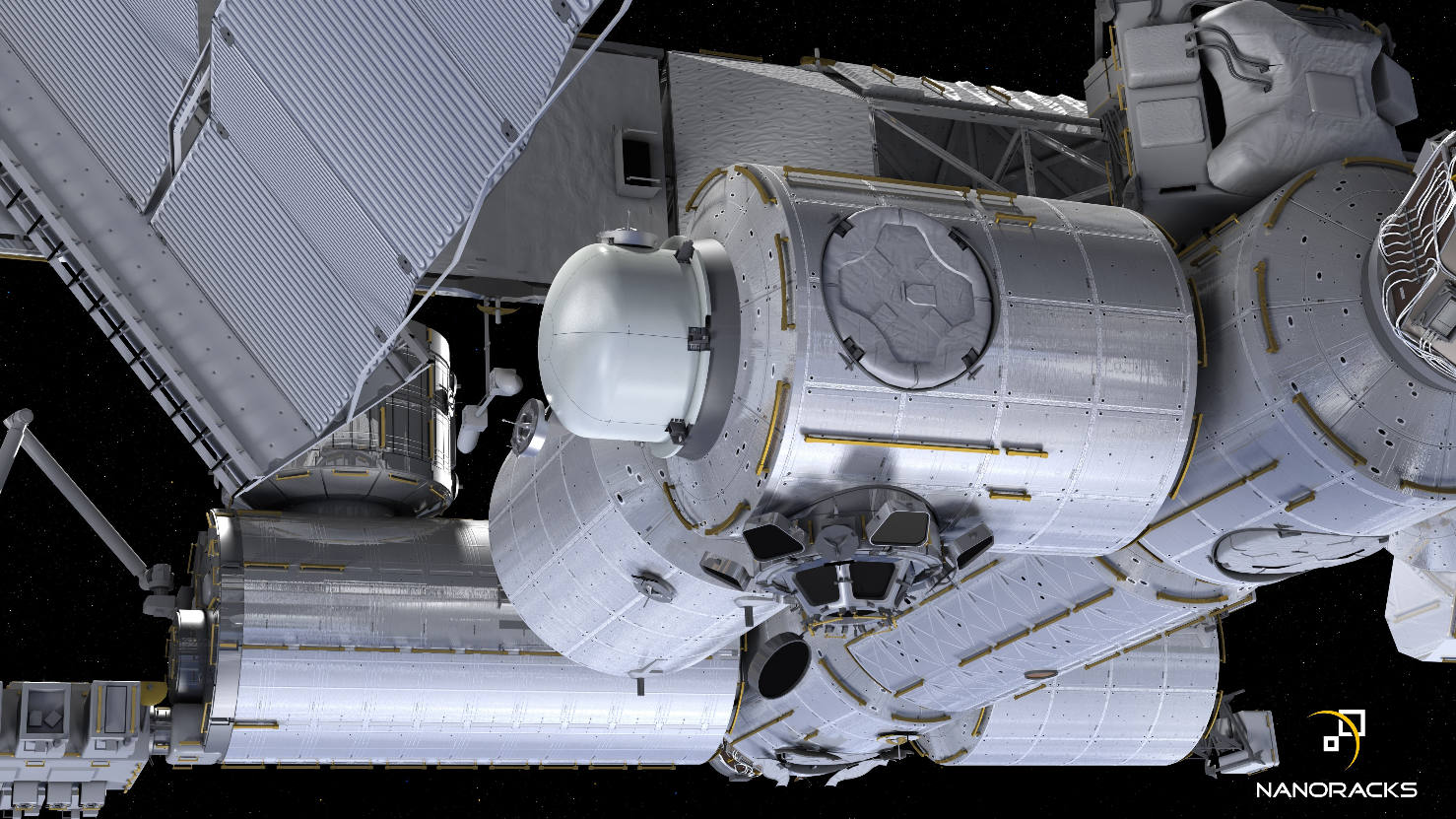Boeing and NanoRacks LLC are teaming up to develop the first privately funded commercial airlock for the International Space Station (ISS). It will be used to deploy external payloads and cubesats. Boeing says the device will enable the U.S. to potentially triple the number of small satellites it can deploy from the ISS during a single airlock cycle.
The NanoRacks Airlock Module, which is planned to be attached to the ISS U.S. segment in 2019, will increase the capability of transferring equipment, payloads and deployable satellites from inside the ISS to outside, significantly increasing the utilization of ISS.
Boeing ISS programme manager Mark Mulqueen described the agreement as a big step in facilitating commercial business on the ISS.
In May 2016, NanoRacks and NASA signed a Space Act Agreement in order to install a private airlock module onboard the International Space Station – the first in station history. The NanoRacks Airlock Module will be both a permanent commercial uncrewed module onboard International Space Station, and also a module capable of being removed from the space station and used on a future commercial platform.
NanoRacks has selected Boeing to fabricate and install the Airlock’s Passive Common Berthing Mechanism (PCBM), which is used to connect most pressurized modules of the ISS – and is the most critical piece of hardware for the airlock. The PCBM hardware is being manufactured at the Boeing facilities in Huntsville, Alabama. Boeing will also provide additional engineering services required for developing and manufacturing of the airlock.
Commercial opportunities through Airlock begin with cubesat and small satellite deployment from station and include a full range of additional services to meet customer needs from NASA and the growing commercial sector. Currently, cubesats and small satellites are deployed through the government-operated Japanese Kibo Airlock. Additionally, the crew on board may now assemble payloads typically flown in soft-stowage ISS Cargo Transfer Bags into larger items that currently cannot be handled by the existing Kibo Airlock.

